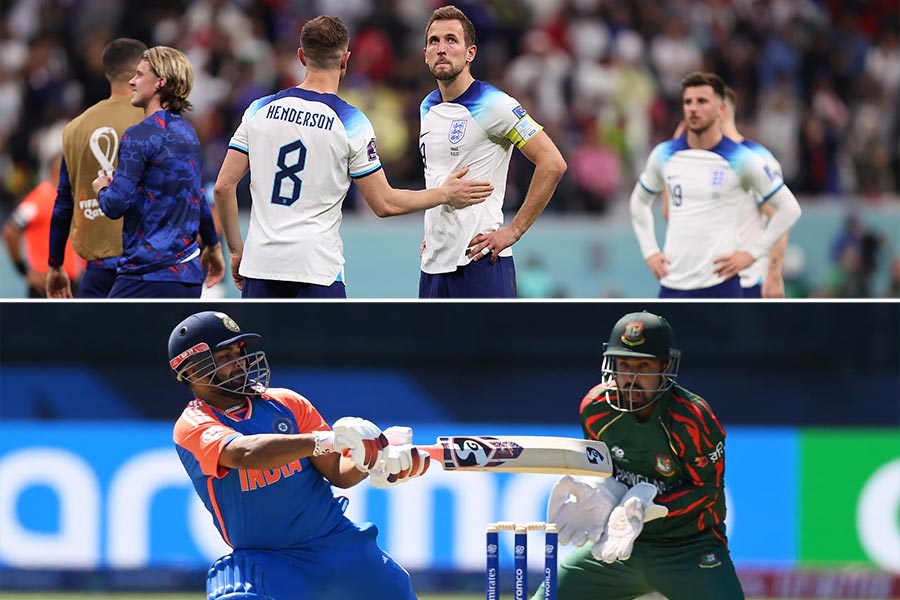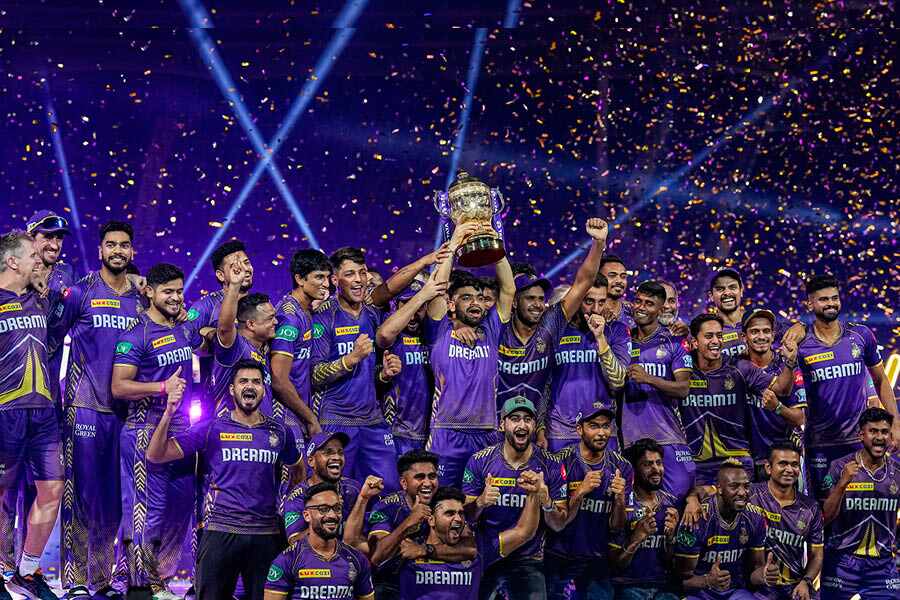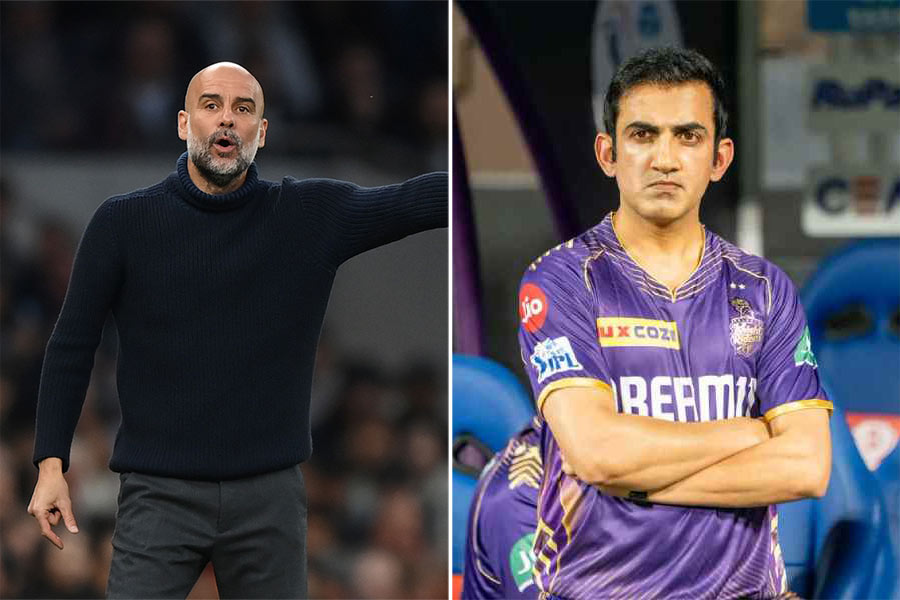The semi-final line-ups of the three most prestigious tournaments in European club football looked interesting this year. In the elite UEFA Champions League, Bayern Munich, Real Madrid, Borussia Dortmund and PSG made it to the last four. In the Europa league, it was Atalanta, Bayer 04 Leverkusen, Marseille and Roma. In the lowest Conference League tier, Aston Villa, Fiorentina, Olympiakos and Club Brugge reached the last four.
There is no English Premier League club on this list barring Aston Villa and even they could not reach the final. The EPL is considered the most competitive, popular and cash-rich football league, not only in Europe but across the globe. Despite successes by Manchester City, Chelsea and Liverpool in the recent past, a question naturally arises: does the demanding EPL drain the players so much that they look exhausted against clubs from other nations? Even if those clubs are not league contenders in their own country, like Bayern Munich and Borussia Dortmund in Germany and Atalanta and Fiorentina in Italy and Olympiakos in Greece this season.
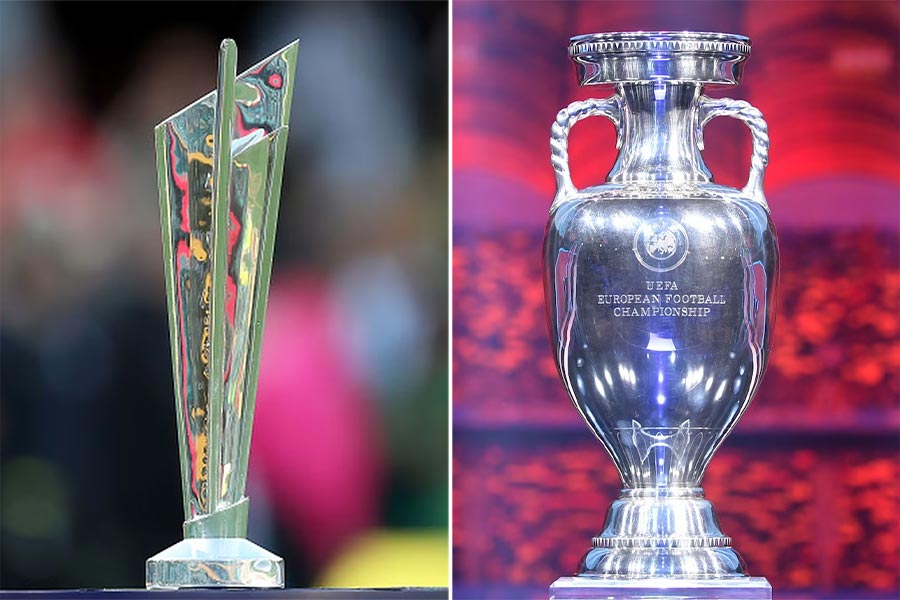
The 2024 ICC T20 World Cup trophy and the UEFA Euro cup trophy. Despite a strong resource pool and domestic set-up, neither has England managed to win a single UEFA Euro cup or World Cup since 1966, nor has India won a T20 World Cup after the start of the IPL despite five attempts Getty Images
What the EPL is to football, the IPL is to cricket. The Indian T20 cricket league has uncanny similarities with EPL, and not just with respect to competitiveness, popularity and money on offer. Most of the established English footballers play in England, with a few exceptions like Harry Kane (Bayern Munich), Jude Bellingham (Real Madrid) and Jadon Sancho (loaned to Borussia). Even though the T20 franchise leagues across the world are mostly non-overlapping, unlike European club leagues, none of the Indian superstars is seen at the Big Bash League (Australia), The Hundred (England) or SA T20 (South Africa). In fact, there is an Indian cricket board embargo on “active” players playing in any overseas league. Thus, only the Manvinder Bislas and Manpreet Gonys are seen in the BBL. Despite such a strong resource pool and domestic set-up, neither has England managed to win a single UEFA Euro cup or World Cup since 1966, nor has India won a T20 World Cup after the start of the IPL despite five attempts. Is this mere coincidence?
How much is too much
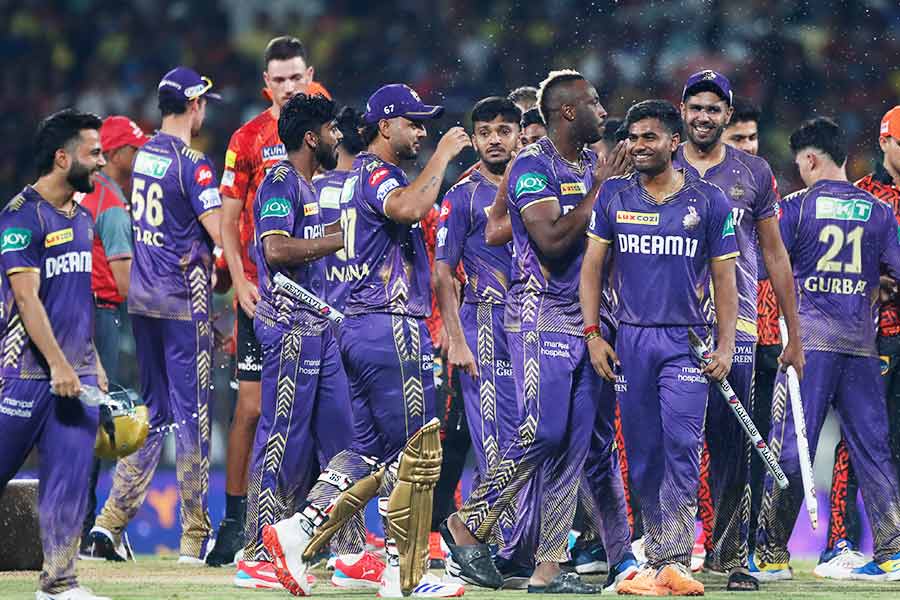
Players from different nations playing for the same franchise often form a bond. But has this also loosened the bond between players from the same country playing for different franchises? Pankaj Nangia/Getty Images
That the franchise-based cricket leagues have reduced the animosity between international players is well accepted. Players from different nations playing for the same franchise often form a bond. But has this also loosened the bond between players from the same country playing for different franchises? Hardik Pandya being booed in Ahmedabad and Mumbai might be novel for us, but Gerard Pique used to be regularly booed at Real Madrid’s home ground, Bernabeu, even when he played in the Spain jersey since he was typecast as a Barca player. Similar incidents abound in English football and we, too, have had sporadic incidents involving players like Virat Kohli and Gautam Gambhir or Harbhajan Singh and Sreesanth.
Whether inter-personal issues between players and audience hostility have an impact on the international level is a matter of conjecture, but there is no denying that the pressure to succeed in these gruelling leagues (IPL and EPL) has the potential to break or loosen bonds. There is also some reason to believe that players in less stressful leagues go into international assignments relatively fresh and in a more affable frame of mind. We can also hypothesise that Ilkay Gundogan (Barcelona), Joshua Kimmich (Arsenal) and Antonio Rudiger (RMA) gel better for Germany than a John Stones (Man City), Harry Maguire (Man U) and Trent Alexander Arnold (Liverpool) for England after baying for each other’s blood for over eight months a year.
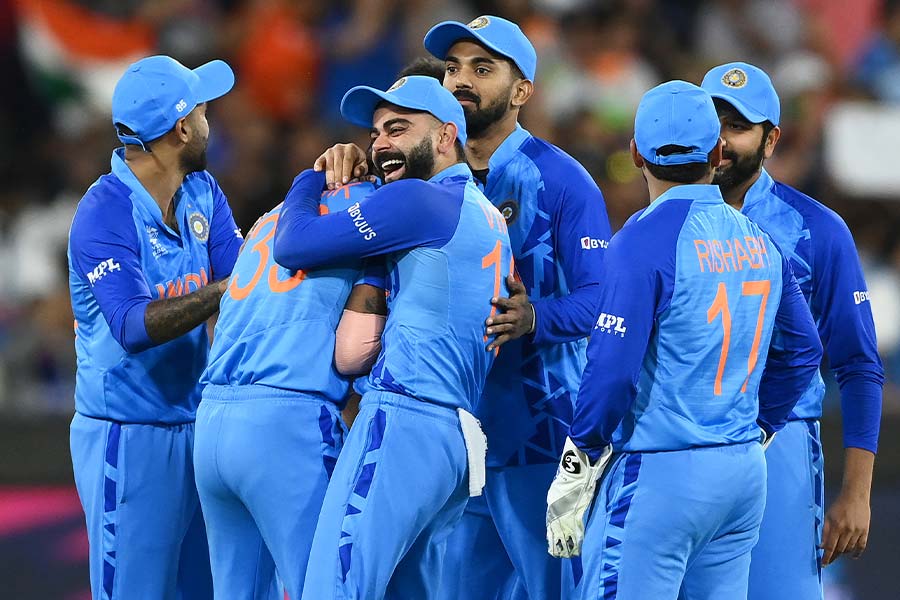
Technical skills can be easily analysed from video recordings, but mental attributes are understood far better in the dressing room or on field Quinn Rooney/Getty Images
The other poser in this similarity matching is knowledge transfer. In the IPL, each team plays four foreign and seven domestic players. Apart from Pakistan, all other Test playing nations have their representation in the IPL. In IPL 2024, Australia had the maximum of 16 players, followed by England and South Africa with 15 each and Sri Lanka with five. Even minnows like Zimbabwe, Ireland and Bangladesh had a player each. When these players went back to their respective national teams, they carried with them a trove of experience and knowledge about at least a third of the 216 Indian players that they played against or with. Technical skills can be easily analysed from video recordings, but mental attributes are understood far better in the dressing room or on field. The reverse knowledge transfers (Indian players learning about players from other countries) is to the tune of 15 per country at most. The same thing applies to the EPL, thanks to the lopsided player transfer equation in Europe.
Is it fatigue from playing a gruelling league or declining chemistry or one-way knowledge transfer or some combination of these factors that is deterring India and England from succeeding internationally in cricket and football, respectively? With the T20 WC 2024 and Euro 2024 already at our doorstep. Maybe the outcomes of these tournaments will demolish our doubts. Fingers crossed.
Dr Subhasis Ray is a management consultant and the author of the book Management of the Cricketing Ecosystem - An Analytic Approach (Springer); currently teaches at the IISWBM.
